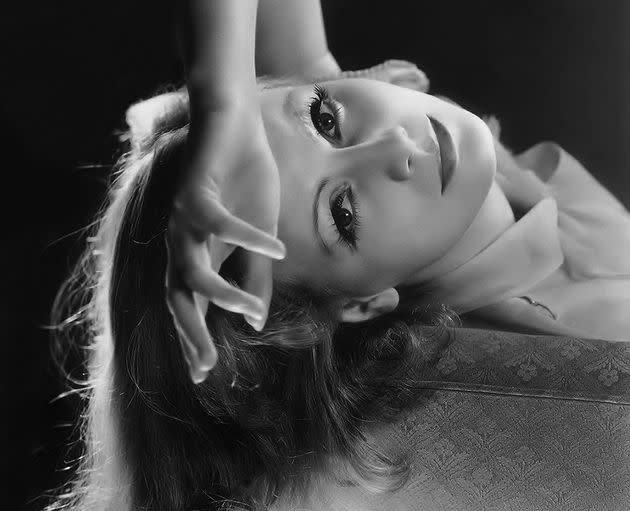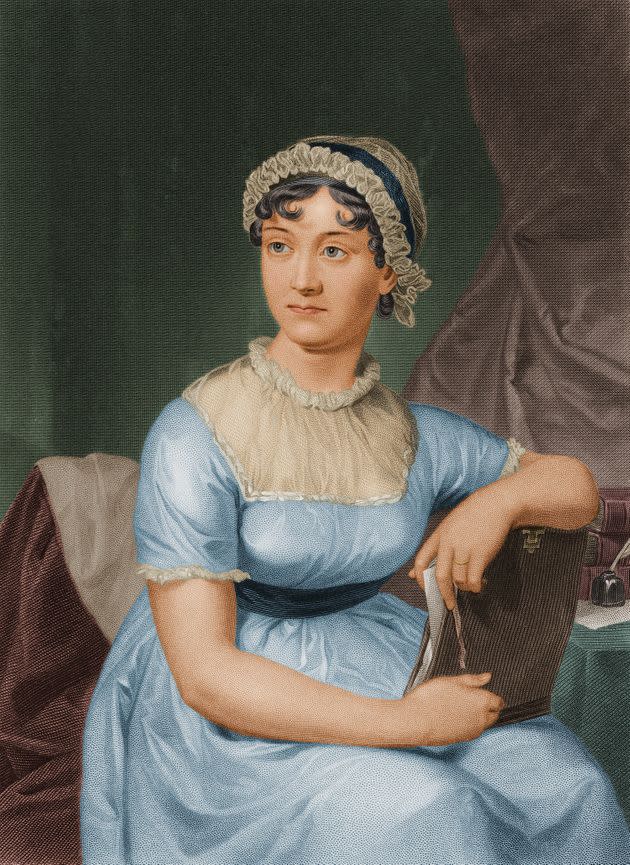Jane Austin, Coco Chanel And 11 Other Historical Figures Who Were Happily Single
There can be a tendency to (falsely) assume that people who aren’t in romantic relationships are “incomplete,” or that they’re lying when they say they’re happy being single.
Some people do want to be in a relationship, but we do single people a disservice when we automatically assume that’s their situation. Especially because it turns out we’ve been wrong about a lot of our societal ideas about singledom and happiness.
“There is a huge misconception that being alone and lonely are the same,” Hebrew University professor Elyakim Kislev, whose past research uncovered the benefits of single living, previously told HuffPost Canada.
His work matches up with other research that found single women without children — far from the miserable cat lady spinster stereotype we’re so used to — are actually happier and healthier than married moms.
In the spirit of happy singledom, we’ve rounded up some of the historical figures who were happy to be alone.
Greta Garbo

Before Gerwig or Thunberg, the most famous Greta on the planet was a glamorous Swedish actress who had no time or patience for marriage.
In the 1932 film “Grand Hotel,” Garbo’s character famously proclaimed, “I want to be alone,” a quote that was affiliated with her for the rest of her life. She did have several relationships, including a long on-and-off with her frequent co-star John Gilbert. He once proposed to her, but she said no.
“I was in love with him, but I froze,” she later told New York magazine. “I was afraid he would tell me what to do and boss me. I always wanted to be the boss.”
She never married, never had children, and after her death, she left her sizeable estate to her niece.
Jane Austen

Her books were love stories, yes, but they were also about the way social pressure and financial constraint had the power to either trap women in loveless marriages or doom them to poverty.
Her writing career gave her something few women at the time had access to: enough money of...


